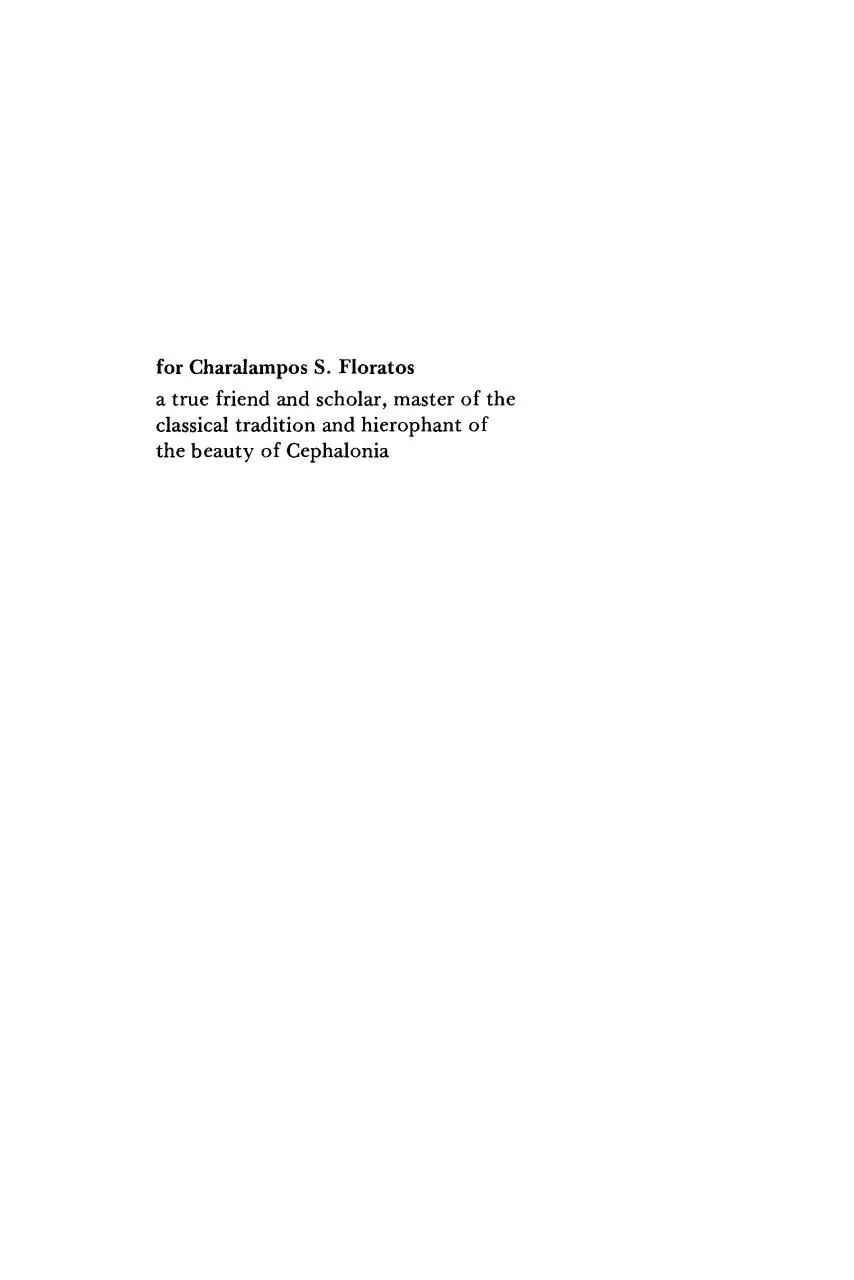The Art and Thought of Heraclitus (PDF)
File information
This PDF 1.5 document has been generated by PdfCompressor 3.1.34 / CVISION Technologies, and has been sent on pdf-archive.com on 26/02/2016 at 07:31, from IP address 78.109.x.x.
The current document download page has been viewed 18424 times.
File size: 9.81 MB (368 pages).
Privacy: public file





File preview
THE ART AND THOUGHT
OF HERACLITUS
The art and thought
ofHeraclitus
An edition of the fragments with
translation and commentary
CHARLES H. KAHN
Professor of Philosophy, University of Pennsylvania
CAMBRIDGE UNIVERSITY PRESS
CAMBRIDGE
LONDON NEW YORK NEW ROCHELLE
MELBOURNE SYDNEY
PUBLISHED BY THE PRESS SYNDICATE OF THE UNIVERSITY OF CAMBRIDGE
The Pitt Building, Trumpington Street, Cambridge, United Kingdom
CAMBRIDGE UNIVERSITY PRESS
The Edinburgh Building, Cambridge CB2 2RU, UK
40 West 20th Street, New York, NY 10011-4211, USA
10 Stamford Road, Oakleigh, VIC 3166, Australia
Ruiz de Alarcon 13, 28014 Madrid, Spain
Dock House, The Waterfront, Cape Town 8001, South Africa
http://www.cambridge.org
© Cambridge University Press 1979
This book is in copyright. Subject to statutory exception
and to the provisions of relevant collective licensing agreements,
no reproduction of any part may take place without
the written permission of Cambridge University Press.
First published 1979
First paperback edition 1981
Reprinted 1983, 1987, 1989, 1993, 1995, 1999, 2001
Library of Congress Catalogue card number: 77-82499
British Library Cataloguing in Publication data
Heraclitus
The art and thought of Heraclitus.
1. Philosophy, Ancient
I. Title II. Kahn, Charles H.
182'.4 B220.E5
ISBN 0 521 28645 X paperback
Transferred to digital printing 2004
for Charalampos S. Floratos
a true friend and scholar, master of the
classical tradition and hierophant of
the beauty of Cephalonia
Contents
Preface
Bibliography and abbreviations
General introduction
1 The man, the time and the place
2 The book
3 The doctrine: Heraclitus and his predecessors
IX
xiii
1
1
3
9
Introductory note to text and translation
25
The fragments
27
On reading Heraclitus
87
Commentary on the fragments
96
Appendices
I Dubious quotations from Heraclitus
II Doxographic reports
III Heraclitus and the Orient, apropos of a recent book
by M.L. West
288
290
297
Notes
303
Concordances
341
Indexes
1 General index
2 Index of Passages discussed
349
353
Preface
Heraclitus was a great prose artist, one of the most powerful stylists
not only of Greek antiquity but of world literature. He was also a
major thinker, perhaps the only pre-Socratic philosopher whose
thought is of more than historical interest today. His reflections upon
the order of nature and man's place within it, upon the problems of
language, meaning and communication still seem profound; and
many of his insights will remain illuminating for the modern reader,
not merely for the specialist in ancient thought.
The aim of the present work is to demonstrate the truth of these
claims by making Heraclitus accessible to contemporary readers as a
philosopher of the first rank. With this in mind I have tried to rearrange the fragments in a meaningful order, to give a translation that
reflects as far as possible the linguistic richness of the original, and to
provide a commentary designed to make explicit the wealth of meaning that cannot be directly conveyed in a translation but is latent in
Heraclitus' own words, in his tantalizing and suggestive form of
enigmatic utterance.
The Greek text is given here together with the translation, since
any interpretation is obliged to make continual reference to the original wording. And I think it should be possible to read the fragments
in a meaningful order, even if one reads them in Greek. No attempt
has been made to produce a new critical edition, and I have generally
followed the text of Marcovich where he diverges from Diels. But in
some nine cases my text differs from both Diels and Marcovich in
such a way that the interpretation of the fragment is altered, sometimes radically (see p. 26). The notes to the translation are designed
to provide the minimum of information required to understand
Heraclitus' words without a knowledge of Greek. The commentary is
there for those readers who would go further. But in the commentary
too all Greek words have been given in transliteration, and the element
of scholarly controversy has been kept to a minimum (although I
have tried to acknowledge my debt to my predecessors, and to take
Download The Art and Thought of Heraclitus
The_Art_and_Thought_of_Heraclitus.pdf (PDF, 9.81 MB)
Download PDF
Share this file on social networks
Link to this page
Permanent link
Use the permanent link to the download page to share your document on Facebook, Twitter, LinkedIn, or directly with a contact by e-Mail, Messenger, Whatsapp, Line..
Short link
Use the short link to share your document on Twitter or by text message (SMS)
HTML Code
Copy the following HTML code to share your document on a Website or Blog
QR Code to this page

This file has been shared publicly by a user of PDF Archive.
Document ID: 0000343501.